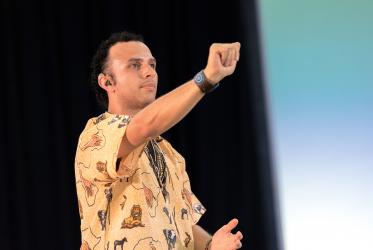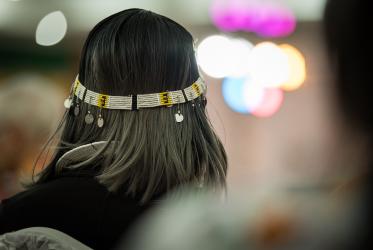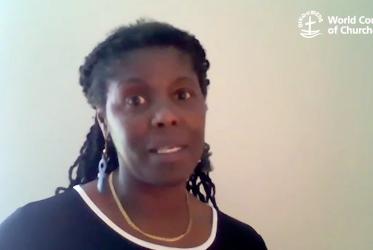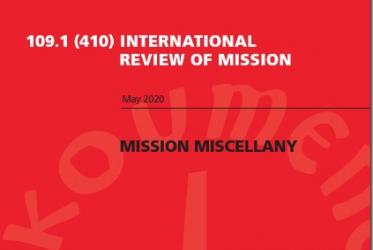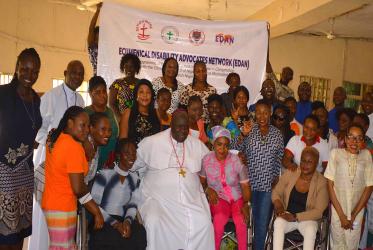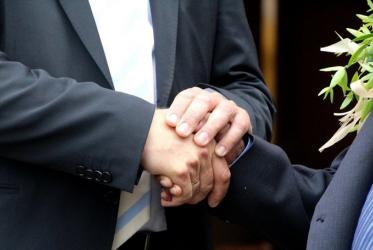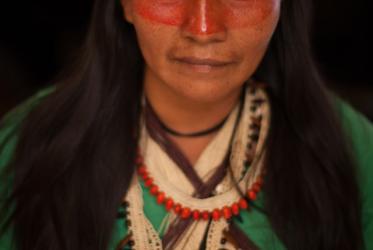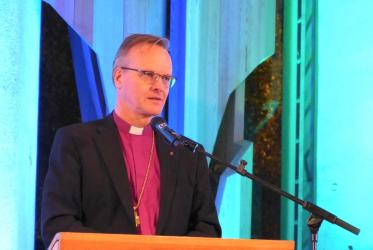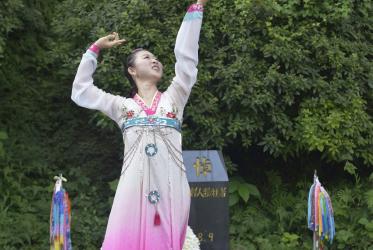Displaying 81 - 100 of 341
WCC honors world’s indigenous communities
07 August 2020
Advancing a disability-inclusive response to COVID-19
21 April 2020
Plans for 11th WCC Assembly build excitement across the globe
18 February 2020
WCC welcomes new staff
11 February 2020
Consultation considers God’s mission in a fractured world
19 December 2019
Webinar on racism in the Pacific: “It has become embedded”
05 December 2019
Webinar on Middle East racism: “Never lose hope”
28 November 2019
The cry of the Papuans in Indonesia
14 November 2019
Markus Imhoof film receives human rights award
10 October 2019
Indigenous youth to convene pilgrimage in Japan
07 September 2019
